Wallabies’ worst season in a half-century
It does not tell the whole story, but statistically this is the worst year for the Wallabies since 1969.
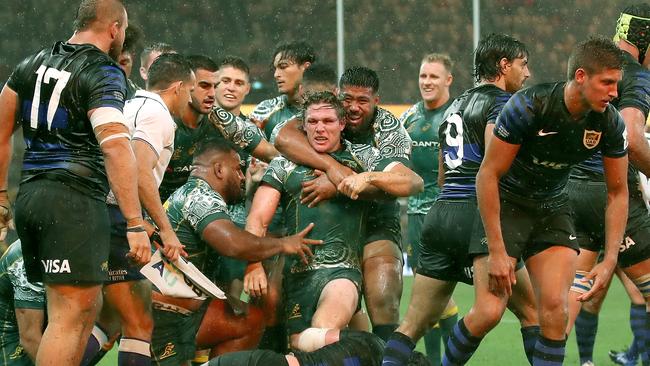
One win out of six - a win percentage of 16.66 – puts the current Australian team in the company of the 1969 side which lost all five Tests, including four to the Springboks over in South Africa, on a par with the 1974 team which salvaged only a draw from a three-Test series against the All Blacks, and fractionally ahead of the 1958 team which had a solitary win over New Zealand to put up against seven other Test defeats.
And while the current side might have convinced itself that it has done it tough this year because of the global pandemic, consider what Bob Davidson’s 1958 side had to put up with – a 34-match tour of Britain, France and Canada followed by a 13-match tour of New Zealand. And they weren’t being paid.
There is, inevitably, another way of viewing this year’s stats. Of the six Tests played in this COVID-19 season, Australia only lost two of them. Three draws will do that. It is an entirely valid way of looking at the 2020 record but the hope must be that coach Dave Rennie, his staff and most importantly his players don’t seize on that soft option.
His initial reaction was one of intense disappointment that his side, for all the obvious growth it has made this year, couldn’t put together a performance that actually demonstrated all that hard work. That’s how the Bankwest Stadium Test must be viewed.
Rennie spoke last Thursday about the art of game management and stressed that it wasn’t just the five-eighth’s responsibility. True enough, but as the man who is delivered more usable ball than anyone else in the side, James O’Connor must bear the lion’s share of running the Wallabies’ game. He had seven touches of the ball by the 6min 30sec mark and he had carried it to the line five times. So this would have conditioned the Pumas’ defence to expect a certain thing from him. At which point, O’Connor could have thrown them the curve ball. But he didn’t.
Nor did he do anything meaningful about the Argentine rushed defence. With the Pumas defending at times with 14 men in the front line, the game called out for a chip kick or a skilful grubber. Even Rennie had spoken about turning the game into a footrace, a race the Australians should have been primed to win because they didn’t have to turn and chase.
But the only grubbers offered up came completely spontaneously and unrehearsed from outside centre Jordan Petaia. Frankly, he shouldn’t have. They were a waste of time. O’Connor, however, had the opportunity to do what Reece Hodge did during that win over the All Blacks in Brisbane, where he lobbed a chip kick over their line as the Wallabies poured through, sweating on the bounce.
As the rain intensified, the Wallabies should have worked with the conditions and “narrowed up”. Because all players take longer to pass and catch in the rain, they become easy targets for a rushed defence, yet the Wallabies carried on like it was a bright sunny day. In one instance in the second half, Taniela Tupou grabbed a dropped ball, initially ran sideways before firing out a long pass to Hunter Paisami in the centres. Paisami, in turn, should have cut his losses but, no, he attempted to transfer the pressure further along the line. Madness.
The scores were levelled at 16-16 in the 68th minute, which meant another 12 minutes when Australia should have been looking for a tie-breaking score. Yet how many field goal attempts did we see from the Wallabies? None. At no stage did they get into position for one. Indeed, they literally went to the other extreme, with reserve halfback Jake Gordon directing play time and again to the left-hand short side – away from the middle of the field.
Is it my faulty imagination or was only there only one Australian player who field goal kicked all season – in Super Rugby AU or the Tests. I recall Noah Lolesio kicking two for the Brumbies but I can’t think of another. The Wallabies have had three draws now to work out a strategy to get in front in a tight finish – other than to hope that luck finally turns for Hodge. Olympic swimmers practise getting to the wall first in a tight finish. Where is the evidence that the Wallabies are doing the same?
So many questions still remain unanswered. Is Lolesio the answer at five-eighth or do we need to look elsewhere? What is Pete Samu’s future? Why was the Fraser McReight experiment in the backrow not given another try? Have the Wallabies settled on a general policy of taking the points or kicking for the corner or does it all come down to what suburban solicitor Dennis Denuto in The Castle might call “the vibe”?
Australia had five penalties in the first 14 minutes of play, every one within kicking range for Hodge, yet they took not a single shot at goal. The Pumas received their third penalty of the match at the 29 minute mark and kicked their second goal to lead 6-3. And while Matt Giteau believes it is “ridiculous” to question Michael Hooper’s captaincy because he is “clearly our best leader”, my respectful questions would be, in order, “Why?” and “Are you sure?”
This was another Test Australia could have won but didn’t. I have nothing but admiration for the way Hooper plays the game. But Australia has won only 20 of the 51 Tests in which he has been captain. Of the side that played at Parramatta on Saturday only the halves O’Connor and Nic White and veteran second rower Rob Simmons have played under any other captain but Hooper. He may well continue to be “the man” but if Rennie is serious about doing a hard review on the season, it’s a question that needs to be asked and answered. Because if Hooper is in the side, then the Wallabies need to structure the rest of their forward pack around him.
One win out of six or four out of six where we didn’t lose. Same data, different way of looking at it. Australia finished last in the Tri Nations Cup, despite having the home ground advantage and none of the health or social media issues that troubled the Pumas. The Wallabies should have done better. It’s a time for awkward questions.

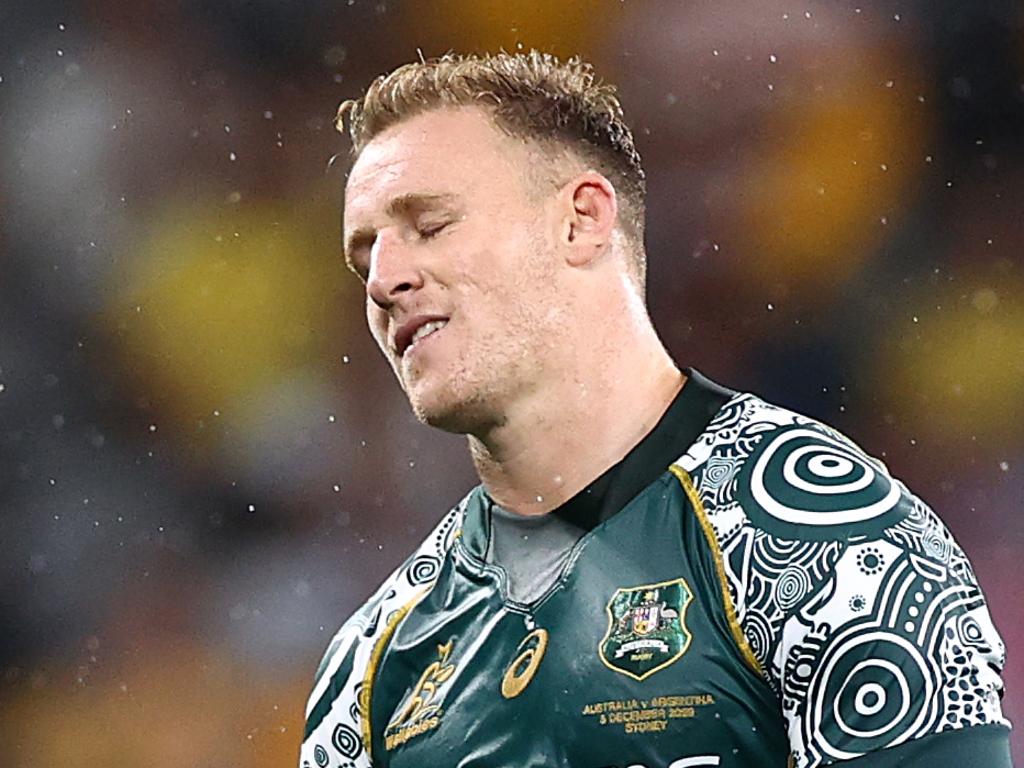
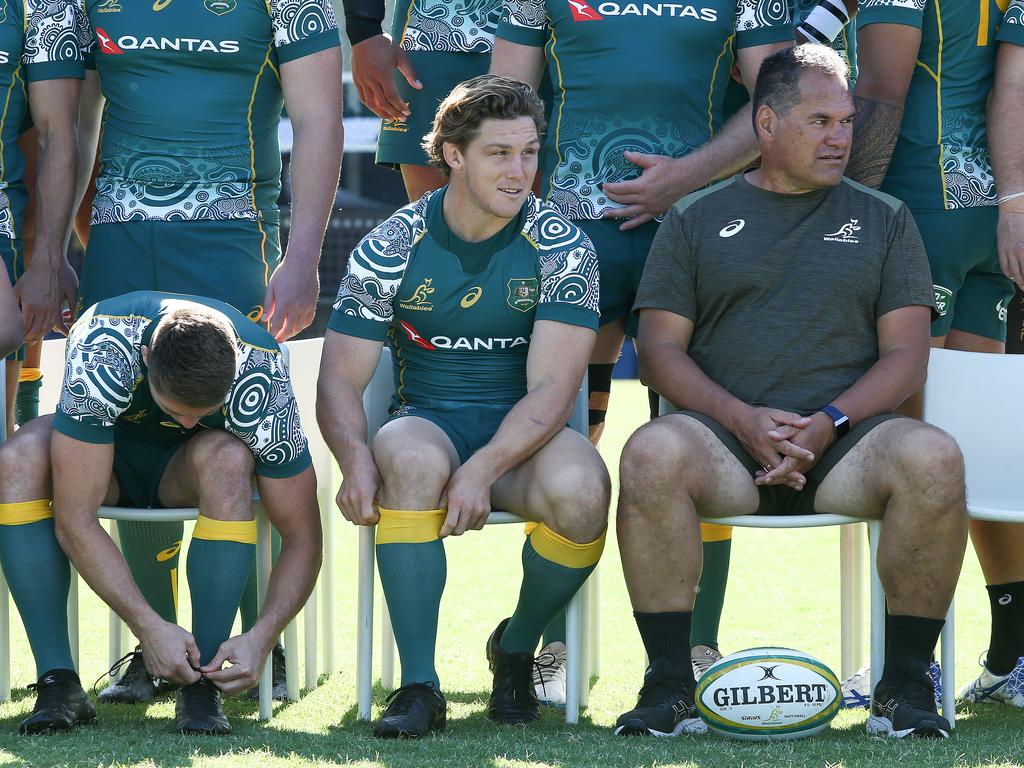


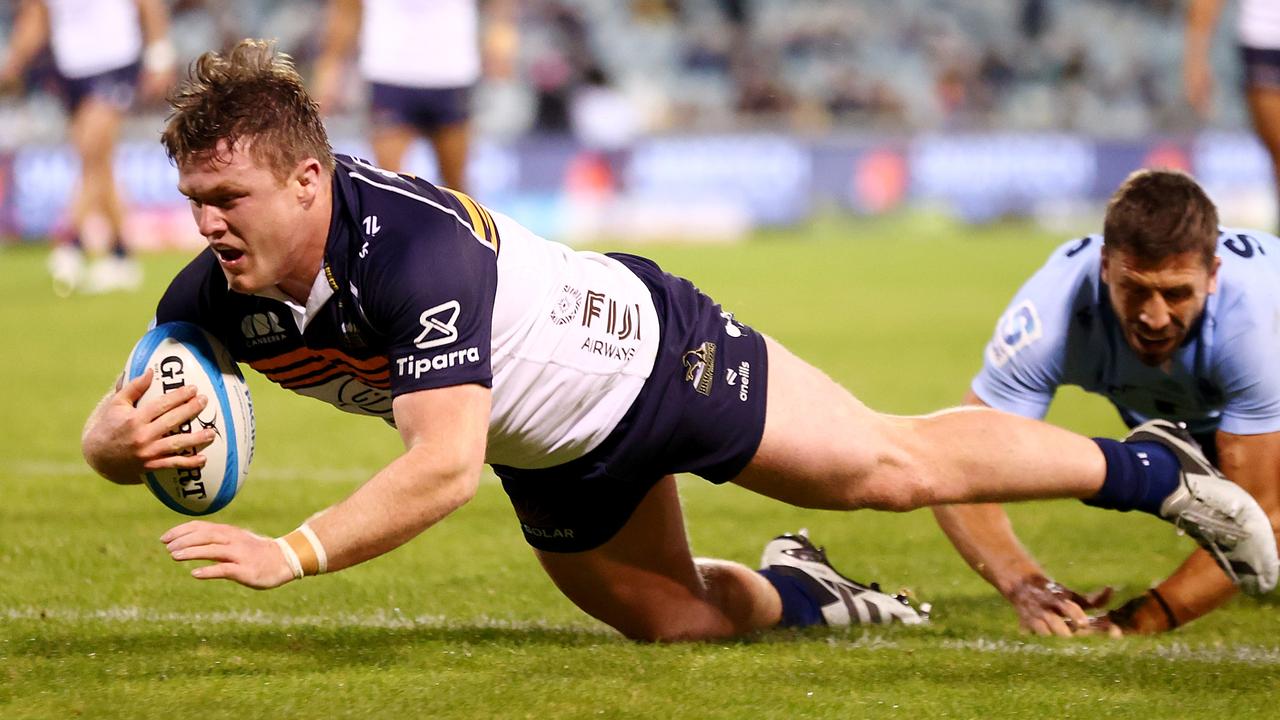
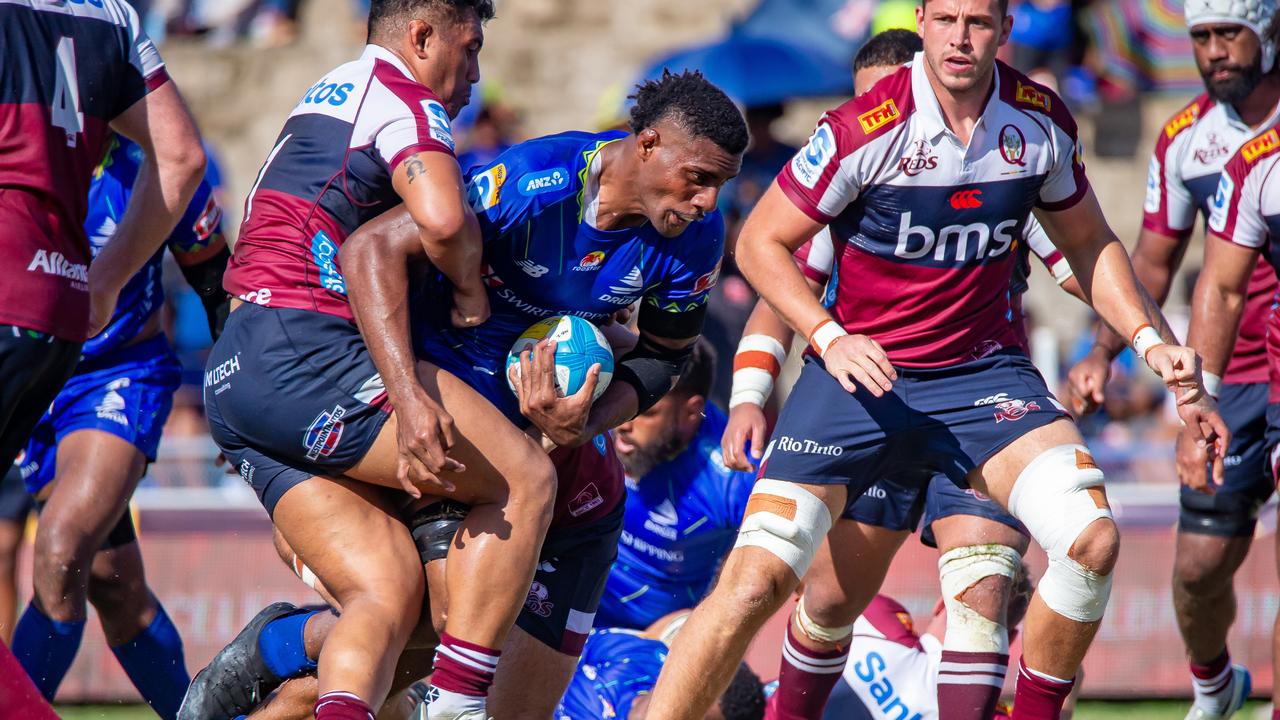
To be fair, it does not have the hollow feel of a failed season and it is, of course, entirely how the statistics are interpreted but in one respect this has been the Wallabies’ worse season in 51 years.